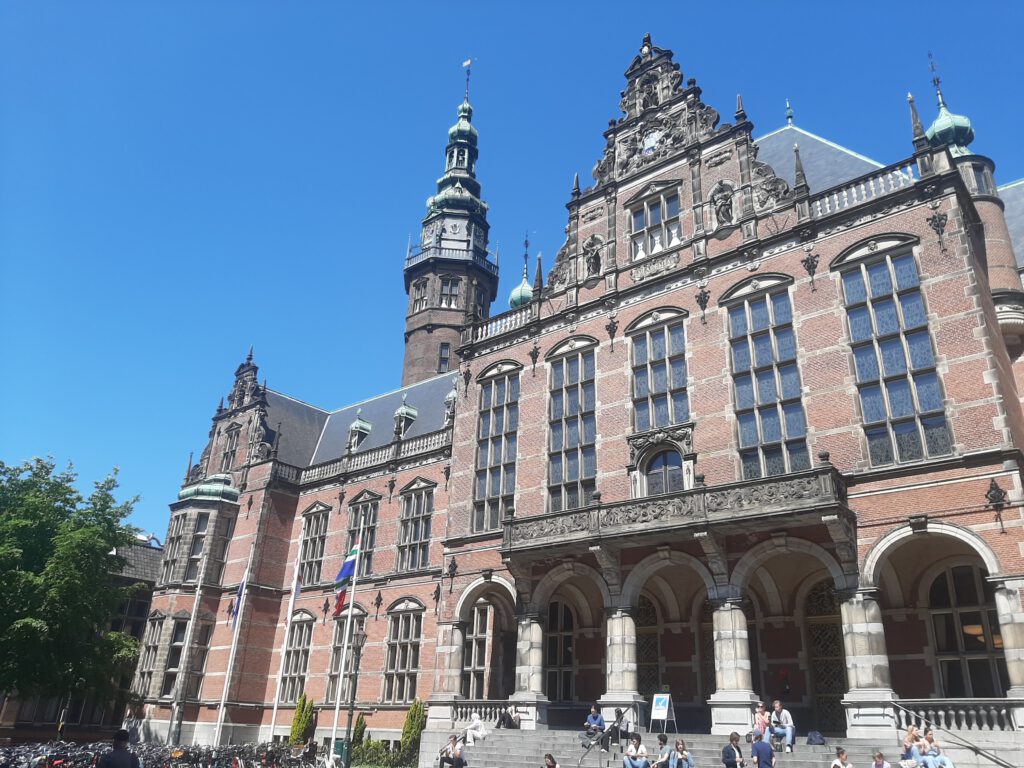Academic background:
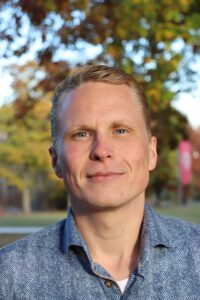
Knowing from a young age that I was meant to be a historian but becoming dissatisfied with the Eurocentrism and denial of non-normative histories since, my academic journey has revolved around tackling hegemonic perspectives, learning from the decisions others around the world (past and present) have made and understanding their agency, and highlighting the beauty we can find in this world, whether material or immaterial. During these past 10 years, I have lived in the Netherlands, Japan, Taiwan, and Thailand, where, as a migrant myself, have tried to immerse myself into new understandings of the world. This has accumulated into my abilities to speak seven languages (Dutch, West-Frisian, English, German, Japanese, Mandarin, and Thai), strong intercultural skills, and has turned me into a critical thinker and team player. Here, I would like to share how I developed my ideas during my different stages of study.
University of Groningen, Bachelor of Arts in History (September 1, 2012, to August 31, 2016)
During my undergraduate at the University of Groningen, well-known for its emphasis on theoretical history, I specialized in ‘Non-Western History’, specifically Japan.[1] In my first year, I encountered Dejima (出島), the Dutch trading port in Nagasaki and which led to ‘Dutch Studies’ (Rangaku/蘭学) throughout Japan during the 17th to 19th century. Being fascinated with this exchange and the Japanese perspective on the Netherlands, I set out to learn Japanese, specialized in their history, and did my exchange at Osaka University in 2014-2015. Here, I worked on several topics, including modern Indian history, ideas of sexuality and colonialism in modern Japan, and wrote my thesis on the role of museums during the Meiji-period (1868-1912) in creating a national identity.
[1] The term ‘Non-Western History’ was the name of the minor that I chose and the only minor within the bachelor program that analyzed history outside of Western Europe and the United States. Given the problematics with the term itself, I put it in quotation marks here.

Osaka University, Exchange Student (September 1, 2014, to August 31, 2015)
During my time as an exchange student (Osaka University Short-term Student Exchange Program or OUSSEP), I specialized further in Japanese Studies and took language classes, seminars on history, literature, anthropology, and political studies of Asia. In addition, by actively living and participating in the country (including being part of various clubs at the university), I gained a necessary deeper understanding of the country and its history, including stories from people that have been ignored within Japan, such as the Ainu and LGBTQI+, to whom I am forever grateful.

Leiden University, Master of Arts in Asian Studies (September 1, 2016, to March 31, 2018)
Returning from Osaka University, I felt it was imperative for me to start working on how to do justice to the plurality of perspectives not represented by national bodies. Therefore, I went to Leiden University as the specialized center of Asian Studies in the Netherlands and Europe. Here, I further enhanced my Japanese language skills (achieving N2 by 2018), gained a minor in ‘Critical Heritage Studies of Asia and Europe,’ and took seminars in political cultures in East-Asia. During the summer of 2017, I returned to Japan for three months to do primary research in the Tokyo National Museum and National Museum of Ethnography, where I analyzed their exhibition catalogues and permanent exhibitions at the time on the representation of the Ainu and Koreans. This accumulated in a thesis awarded with an 8.2, and allowed me to great cum laude (with distinction) by March 2018.

National Taiwan University, Master of Arts in Cultural Anthropology (February 1, 2019, to January 31, 2020)
Ensuring that my own perspective would not be blindsided by my experiences and interest in Japan and the Netherlands (as two colonizing countries), I decided that, to understand the complexity of colonialism more accurately, moving to Taiwan would be the most logical course of action. My specialization at Leiden allowed me to commence a second degree at National Taiwan University. Prior to my start, I took six months of Mandarin classes (September 2018 to February 2019), achieving a level equivalent to CEFR B1 or TCFL Band B/Level 3. Within one year (February 2019 to January 2020), I completed a two-year degree in Cultural Anthropology that was taught 70% in Mandarin. With the intensity of the program, I followed classes on anthropology and archaeology of East and Southeast-Asia, developed skills in using computer programs such as ArcGIS to support academic research, and was able to expand my previous dissertation to suggest tools to how we can deconstruct colonial discourses within museum systems, learning from the case of Japan. This research has since been published partly in Museums & Society 21 (3), 22-35.
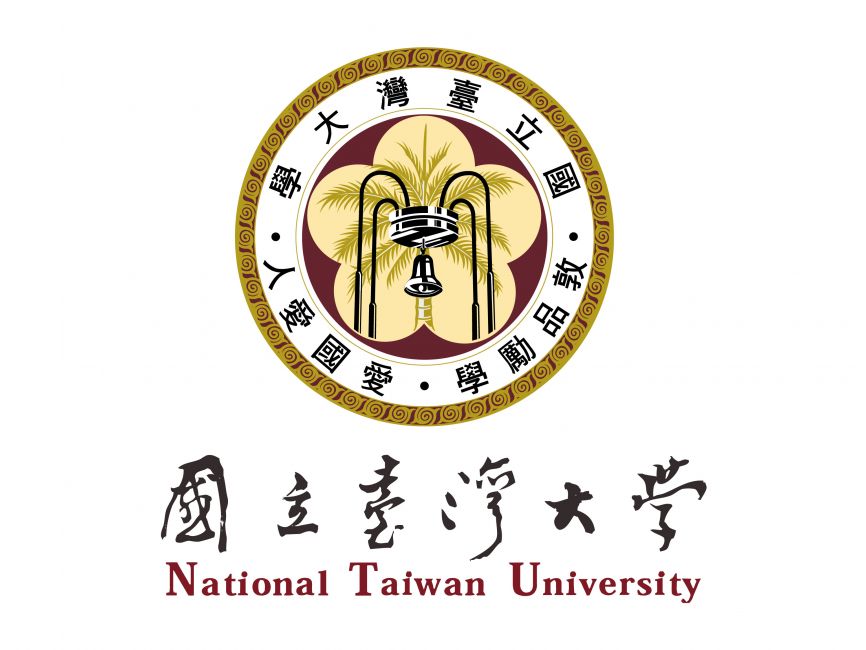
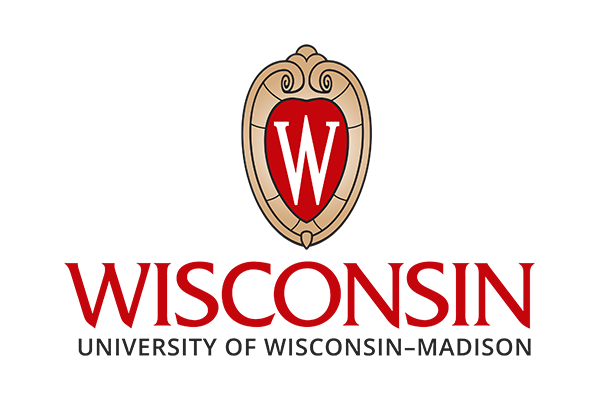
University of Wisconsin-Madison, Ph.D. in History (September 1, 2024 onwards)
Per September 1, 2024, I will start my Ph.D. in East and South East Asian History at the University of Wisconsin-Madison. Under the supervision of Professor Louise Young, I intend to specialize in the modern transnational history of the two regions, focusing on the trans-migratory history of Japanese to South East Asia from 1854 onwards.
Support for this fellowship is provided by the Graduate School, part of the Office of Vice Chancellor for Research and Graduate Education at the University of Wisconsin-Madison, with funding from the Wisconsin Alumni Research Foundation and the UW-Madison.
Work experiences:
My work experiences have been varied but have supported my (academic) interests and values: to facilitate a deeper understanding of other cultures and histories, to underscore the connectivity transgressing national boundaries, and to enhance knowledge we have of agency and entanglement. Here, I provide a highlight of some of the work that I have done throughout the years (from most recent to oldest). For a full overview, please see my LinkedIn-profile: https://www.linkedin.com/in/edwin-pietersma/
Academic Lecturer at Bansomdej Chaophraya Rajabhat University (มหาวิทยาลัยราชภัฏบ้านสมเด็จเจ้าพระยา), Bangkok, Thailand (June 01, 2021, to May 21, 2024)
At Bansomdej Chaophraya Rajabhat Unviersity, I have been a lecturer and advisor employed at the department of International Affairs and ASEAN Network. Specifically, I designed and taught courses on developing research skills, teaching pedagogy related to intercultural communication skills, as well as enhancing English language skills (including critical reading, academic writing and presenting, and general four skills) of future English teachers in Thailand. In addition, as part of the international affairs team, I created and supported projects on internationalization of the university, including implementing the Sustainable Development Goals, seeking partnerships with institutions across Asia and Europe, and teaching intercultural skills to education staff at BSRU and abroad. During my time at BSRU, I learned how to teach effectively, how to organize classes and projects, how to foster open dialogue and to enhance my skills in adaptability, patience, and teamwork.
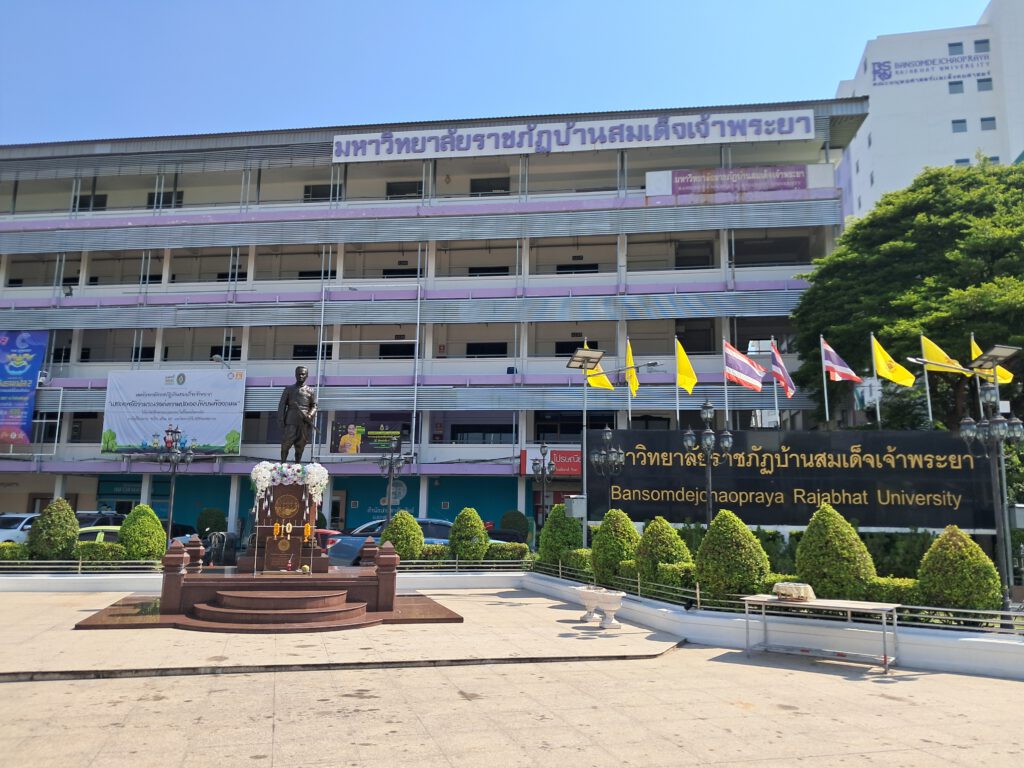
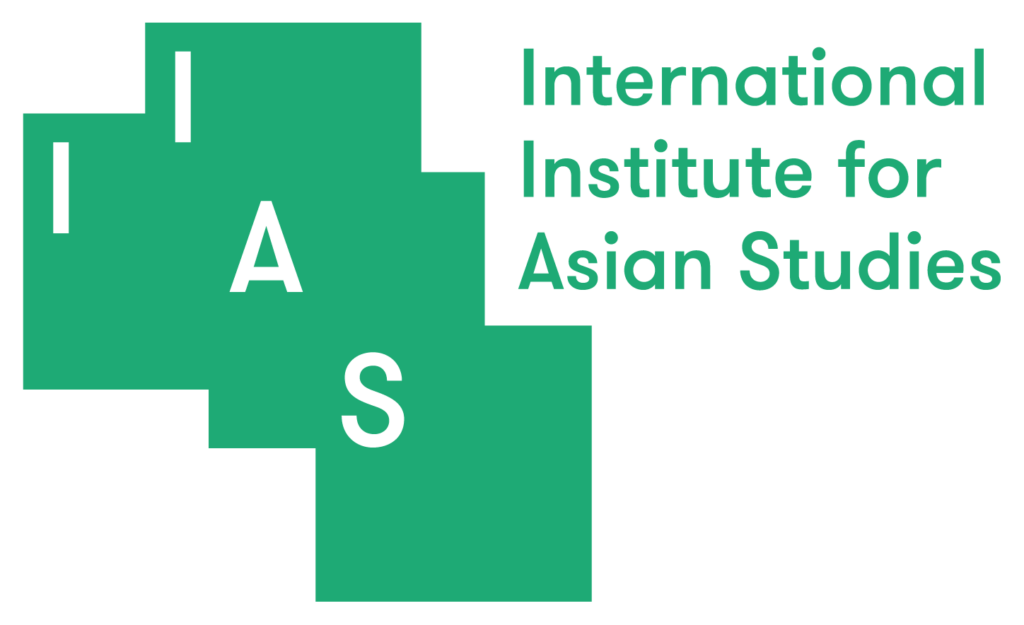
Volunteer Researcher, International Institute for Asian Studies, Leiden, the Netherlands (15 January to 30 April, 2021).
Given my experiences as the second dual degree student for the Double Degree ‘Critical Heritage Studies of Asia and Europe’ at Leiden and National Taiwan University, and being the first to regularly follow the program, I was asked on the seventh-year anniversary of the program to instigate an academic research regarding the development of the academic studies of heritage studies globally, to provide an overview and compare heritage-related studies worldwide, and to reflect on the strengths and weaknesses of the program at Leiden-NTU-Yonsei University in order to improve the Double Degree. Here, I used methods of comparison and held interviews with current and former students in the program. An interview for the Newsletter of the IIAS on this research can be found here.
Object Researcher at the National Taiwan University Museum of Anthropology (臺灣大學人類學博物館), Taipei, Taiwan (June 01, 2019, to October 31, 2019)
With the reopening of the National Taiwan University Museum of Anthropology in 2019/2020, I supported the provenance research of over 50 artifacts from minority groups within mainland China and Taiwan. Here, I performed provenance research and wrote short descriptions of 300 words in English and Chinese connotating the background, meaning, and relevance of the individual objects. During this time, I learned how to disseminate my knowledge succinctly and across language barriers, how to do provenance research, and analysis of material culture.
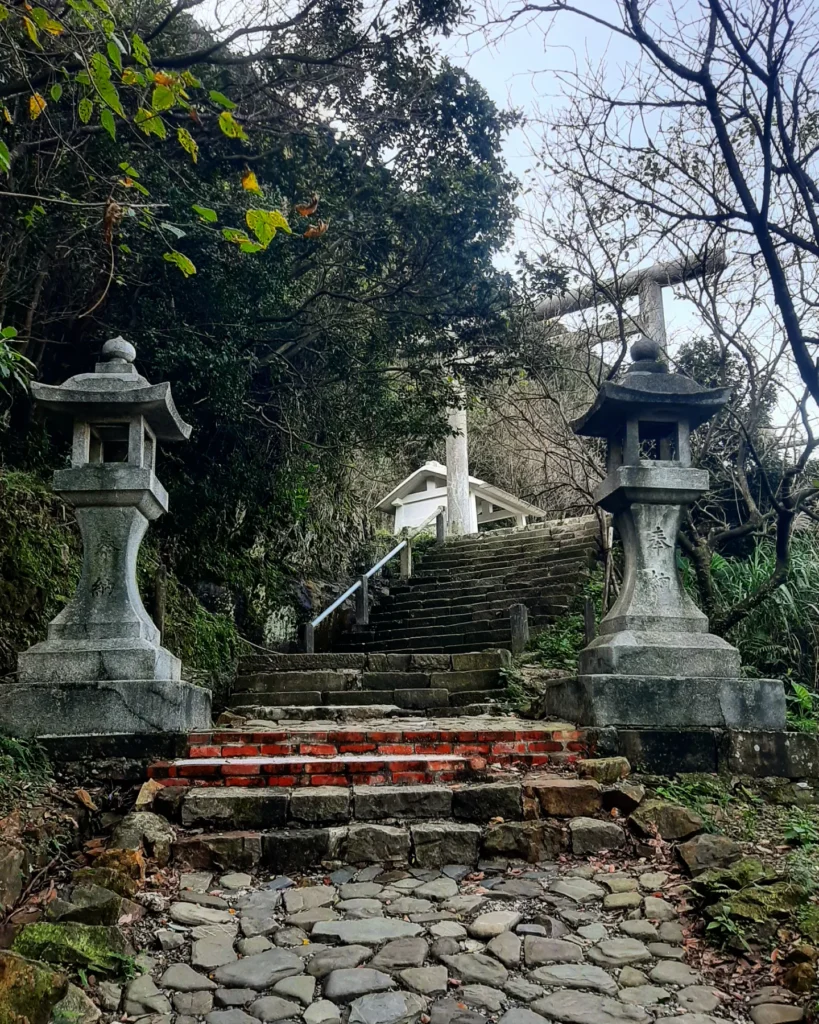
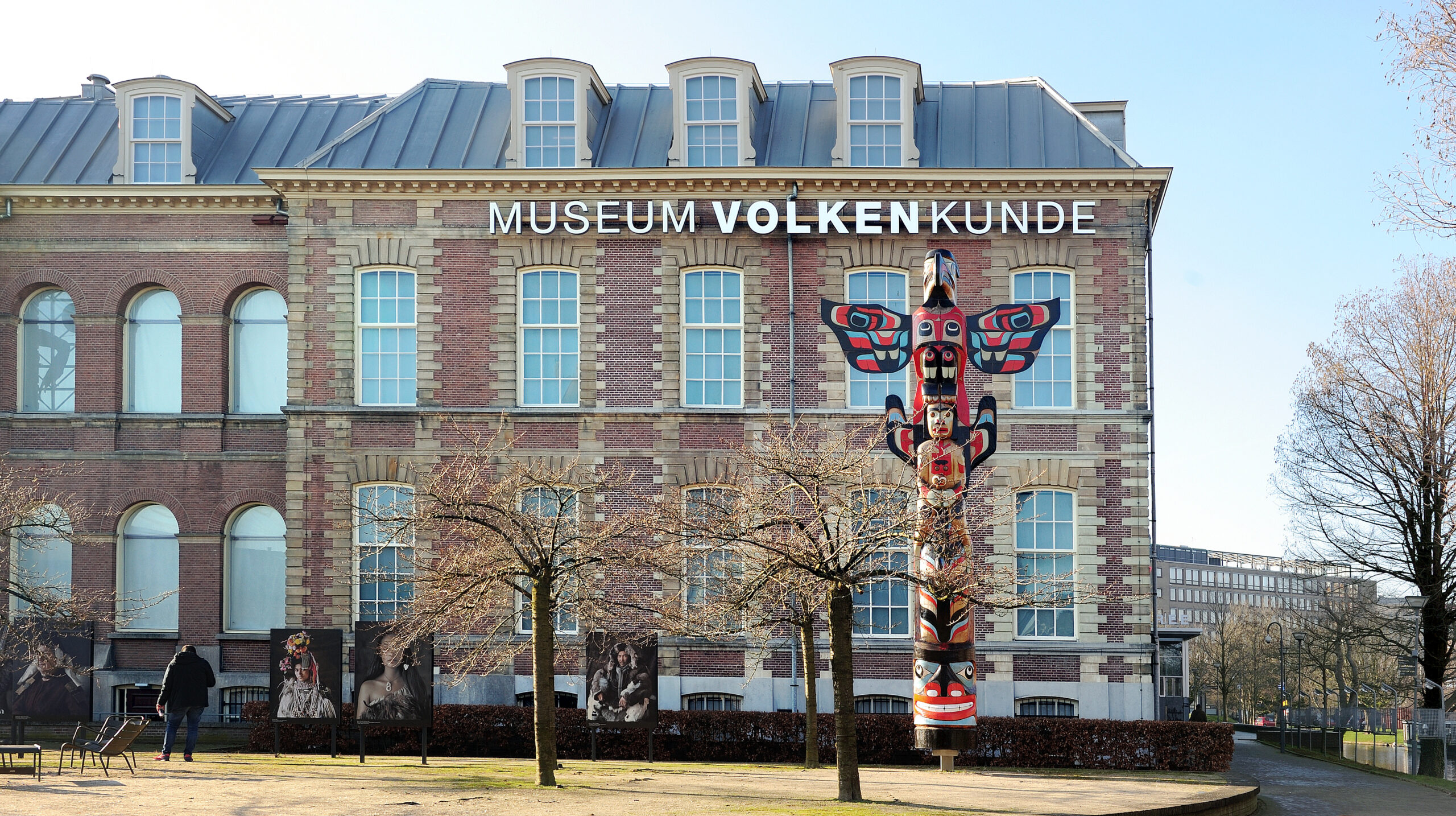
Tour guide at the National Museum of World Cultures (Museum Volkenkunde), Leiden, the Netherlands (September 1, 2016, to August 31, 2018)
Being a tour guide at the Dutch National Ethnographic Museum in Leiden allowed me to share my interests in passions for museums, anthropology, and the human interconnectedness. I provided tours for all permanent and temporary exhibitions to all age groups. Here, I developed how to present engagingly, the ability to translate academic knowledge to different public groups, and effective communication skills.
Student Assistant, University of Groningen, Groningen, The Netherlands (October 01, 2015, to July 31, 2016)
At the Department of Education at Faculty of Behavioral and Social Sciences at the University of Groningen, I supported national research on the applicability of the Japanese teaching professionalization called Lesson Study (Jūgyō Kenkyū/授業研究) for the Netherlands. In my role, I was mainly responsible for collecting academic literature and reviewing them, as well as other tasks including providing a deeper understanding of Japanese context and translating from Dutch to English and vice versa. This research was published in 2017, where my contribution has been acknowledged.
